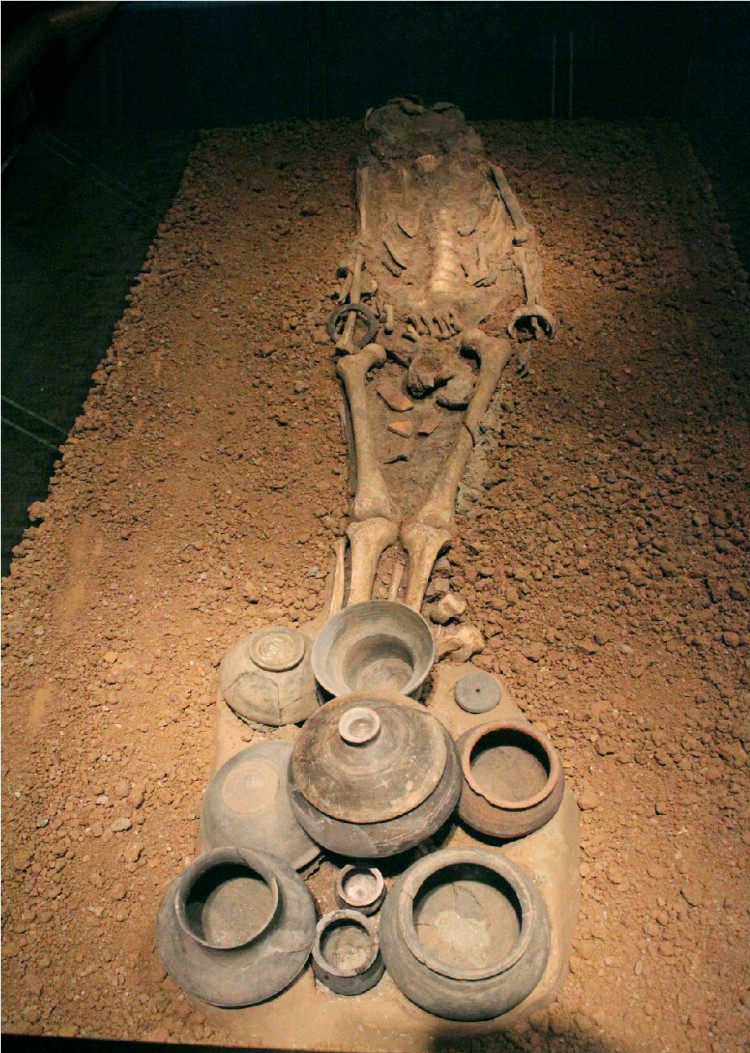Italy announced that the illicitly traded artifacts which are composed of almost 800 ancient pots and sculptures will be returned back to China. The statement was announced by Italy's Ministry of Cultural Heritage and Activities on Friday.
Many observers have noted that Italy's decision to return the cultural relics is part of the country's effort to strengthen economic and diplomatic ties with the Asian superpower.
The artifacts found resembles the relics found during archeological excavations in the provinces around China that includes Gansu, Qinghai, and Sichuan. Some of the artifacts were dated back as far as the Neolithic period with more recent findings dates back to the Ming Dynasty.
There was no explanation from the authorities on how the relics reached Italy. The relics were first examined by investigators after they were placed on sale in the nearby town of Roncadelle. Chinese authorities later confirmed the authenticity of the artifacts.
A court in Milan decided Last November that the artifacts need to be returned to China. Critics, however, question the timing of the decision since it coincides with President Xi Jinping visit to Rome.
The announcement is timely to the two nations signing of a symbolic agreement that will see them working together to fight illegal art trafficking. According to Alberto Bonisoli, Italy's culture minister, the arrangement marked an important step in the ties between the two nations. He said that the most important way to protect (cultural relics) is combating the illegal cultural relics market. He added that the two nations must cooperate to make transactions of illegally gained cultural relics unprofitable.
The minister also said that they are proud of being able to return to our friends the objects we have found as they represented the identity and heritage of the Chinese people. The announcement is being related to the announcement of the European nation to become the largest economy to join China's Belt and Road initiative.
Chinese President Xi Jinping's visit to Italy is one of its visits to the continent to promote and defend the initiative against its critics. The country's infrastructure project is criticized by the United States and its allies as a move of the Asian economic giant to expand its influence globally. Some of the critics claim that the financial aid provided by China in the construction of the projects places emerging nations into a debt trap. The critics use Sri Lanka as an example where a port in Sri Lanka was set in a 99-year lease to a Chinese firm after the country failed to pay its obligations on the agreement to construct the port.





